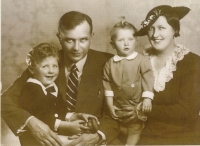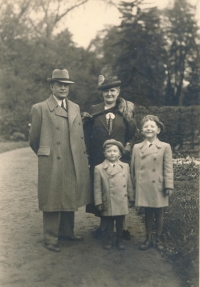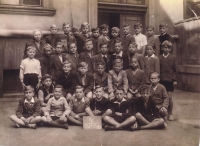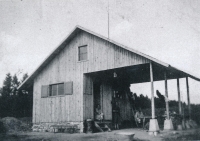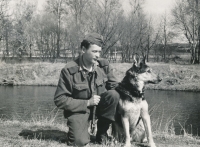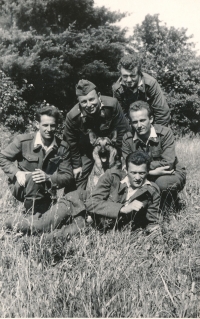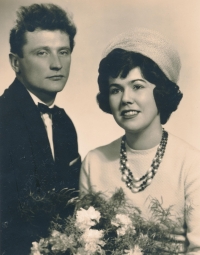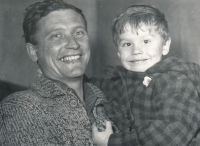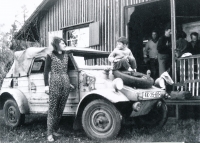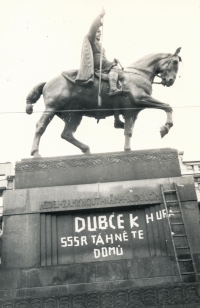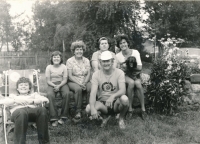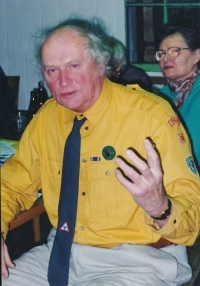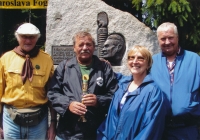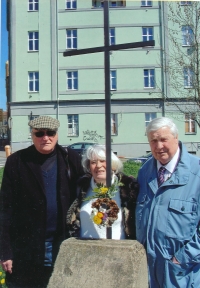The event impressed itself on my mind

Download image
Josef Tomášek was born on 7 January 1936 in Prague. He lived with his parents in Prague in Libeň, in May 1942, he experienced the search for the assassins of the acting Reich Protector Reinhard Heydrich and their associates. One of them was also fourteen-year-old Jindřiška Nováková who hid Jan Kubiš´s bike. The witness spent the end of World War II and the liberation by Red Army in the cottage in Ledeč nad Sázavou, a little later he joined the Scout organization. He was its member until its ban by communists. After training as a carpenter, he served as a dog handler in the Border Guard in South Bohemia until 1959. After he was not allowed to work on an overseas ship because of his Catholic belief, he got married in 1962 and graduated from an evening secondary school. He took part in protests against the occupation in August 1968 and he took photos during them. He worked as a construction manager in the Construction of Roads and Railways company until the Velvet Revolution and he refused to sign an agreement with the entrance of occupation troops there. He returned to scouting after 1989 and he attended meetings that took place in Jaroslav Foglar´s legendary Sunny Bay. He was still living in Prague in 2021.

